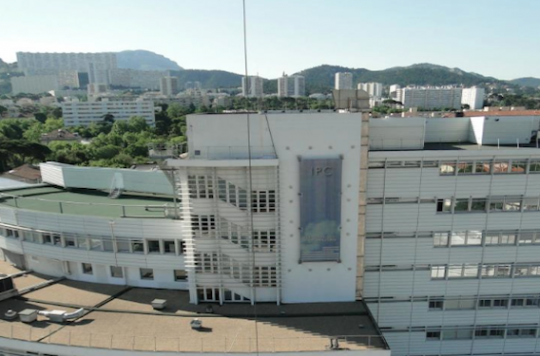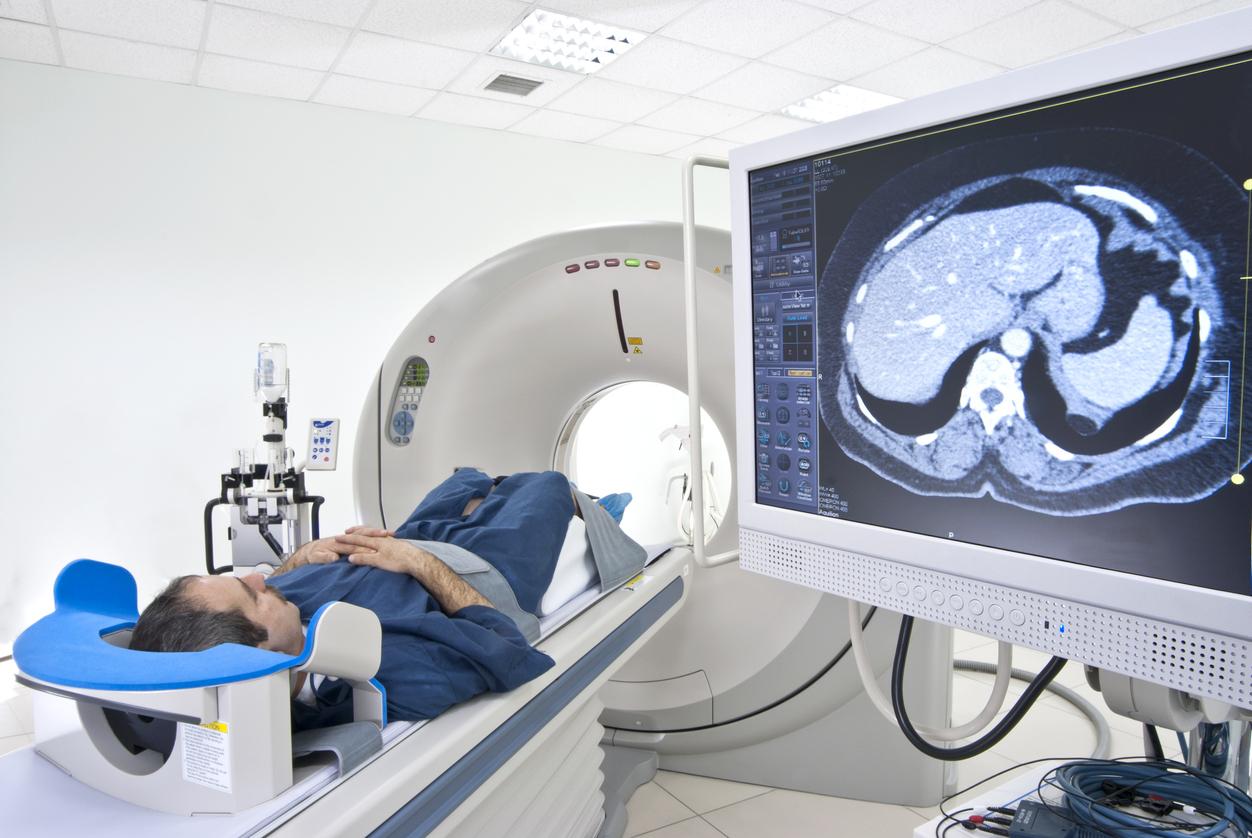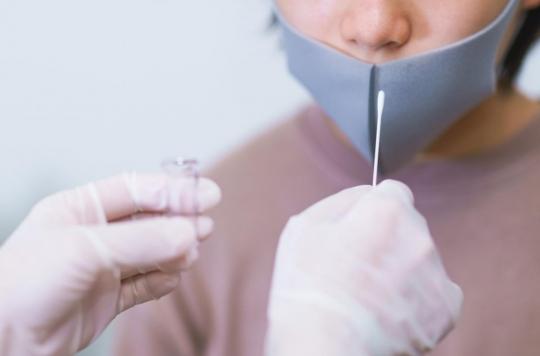
SURVEY – The establishment of the generalized third-party payment in the law is a further step towards health democracy. But on a daily basis, users find it difficult to influence policy decisions. In Marseille, the Paoli-Calmettes Institute has shown a different face of the hospital.
Health democracy also involves patient representatives at the hospital (see box below). But fifteen years after the Kouchner law, the results remain mixed. “In hospitals, the representation of users varies greatly depending on the establishment and region”, confides Didier Tabuteau, head of the “Health Chair” at Sciences Po Paris.
Within the supervisory boards or user commissions of hospitals, patients sometimes serve as an argument or alibi, while some establishments play the game.
This is the case of the Paoli-Calmettes Institute (IPC) in Marseille, an establishment at the forefront of health democracy. “In this regional center for the fight against cancer (CRLCC), patients really have a say in clinical research and the governance of establishment projects,” says Jean-Louis Vidalenc, who is part of the patient committee of the CPI for a long time.
A gradual rise in power
Created in 1998, this body has had an active presence since the 2000s within the IPC. “At that time, the director of the hospital, Dominique Maraninchi (1), noticed that there was a problem with the representation of users whom he considered” insufficient “despite their presence in the management committee of the establishment, ”says Jean-Louis Vidalenc.
“I think the problem is these people weren’t sick. So they did not have direct knowledge of what goes on in the hospital for a person with cancer. We experienced this situation as a confiscation of patients’ words, ”he adds.
The UK (Users’ Representative)
The Kouchner Law of March 4, 2002: It encourages health establishments to open their doors to users and recognize their individual rights (access to their file, confidentiality, respect for dignity) and collective rights (a place and a role are recognized for their representatives (the UK). in the bodies involved in the development and management of health policies This also implies a new status for associations of users of the health system.
The HPST Law of July 21, 2009: It gives the UK even more room in the governance of health establishments. They are now involved in the implementation of actions to improve the quality and safety of care. Speaking, analyzing satisfaction surveys and complaints are all levers available to the UK to improve the lives of sick and disabled people. Since the HPST Law, the UK participate – by right – in the Supervisory Boards of establishments and sit on the various Committees (CLIN, CLAN, CLUD, etc.) which organize the lives of patients in establishments.
Until the day when the patients’ committee decided to impose itself. Initially, these cancer patients intervened on subjects which may seem minor. To say that there was a problem in the rooms, too noisy because of the mistral which blows strongly in the region; or to report toilets too far from patient rooms.
“Each time we alerted, it was corrected, without any opposition from the doctors,” says Jean-Louis Vidalenc. Another victory that may seem anecdotal, but which has improved the daily lives of patients: the presence of a pastry for breakfast.
The “patient” culture of the IPC
Subsequently, this committee, which has a dozen patients (plus a doctor and a person from the “communication” service), gained importance. He was thus consulted during the opening of a new hospitalization unit for blood diseases.
“We were involved in the work plans so before things got started. We made site visits, etc. The same goes for the new IPC 3 building ”.
Patients note the changes in mentality in the establishment. “The culture of the house since 2002 is that the patients exist”, assures Jean-Louis Vidalenc. The latter even thinks that his committee is now more effective than the user representatives who sit on the supervisory board.
Recently, other members of the committee vetoed an initiative that management saw as positive. To improve reception conditions, she planned to display the names of patients and their waiting time on a screen in the waiting room. These patients considered that it was a breach of the confidentiality of their care.
Health democracy put to the test: In Marseille, how patients found a place at the Paoli-Calmettes Institute bit.ly/1TiD09i
Posted by Why actor on Tuesday, December 1, 2015
Also make the hospital a hospital place
Patients are involved in many cases, including writing information documents given to patients. And since October 2015, they have also been associated with the launch of a proactive program to encourage self-reporting of adverse drug reactions. A subject on which there is often an underreporting by patients.
Jean-Louis Vidalenc, member of the IPC patient committee: ” These documents are sometimes completely illegible to someone who does not have a medical or legal background. When a passage seems obscure to us we say… “
Finally, other more fun initiatives have emerged thanks to the patients’ committee, such as a Cinema club which recently emerged in the establishment. During screenings in the presence of patients, the IPC even receives film directors (Robert Guédiguian, Patrice Leconte, Pascale Ferran, etc.). For an evening, this allows patients to forget their pathology a little.
But the IPC does not intend to stop there. The next step in favor of health democracy, a public debate organized on January 28, 2016. It will focus on the cost and financing of drugs in oncology.
Among the six groups representing the actors concerned, one will be composed entirely of patients; two others will be trained by representatives of users and patient associations. Further proof that the Paoli-Calmettes Institute has now acquired the famous “patient culture”.
(1) Dominique Maraninchi is a French oncologist, director general of the National Medicines Safety Agency (ANSM) from February 2011 to August 2014
.















